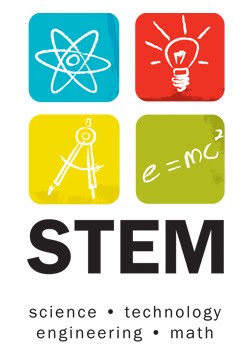
One point four million. That’s the number of new technology jobs estimated by 2018. Whoa, who will fill all these jobs? Science, technology, engineering and math (STEM) training is gaining popularity, but not nearly fast enough to keep up with the job creation.
“One of the biggest challenges in growing the pipeline of students in [STEM], especially women and under-represented minorities, is the lack of awareness of computing careers. Parents don’t know, students don’t know, and community members in at-risk areas have no idea about the opportunities available to them” says Rane Johnson-Stempson of Microsoft Research.
Bingo! The solution to the problem that will solve this other problem is increasing awareness of STEM opportunities. Countless non-profit organizations already exist to do just that and they are, but when multiple groups have parallel goals they compete for funding, hindering everyone’s benefit.
Companies need more technical employees, schools produce technical graduates and cities support technical education; why don’t they all work better together? What a novel idea! I wish I could take credit, but actually this idea came straight from Barak Obama’s diary.
Last month the White House Tech Inclusion Summit addressed this concern and the Activate Local Communities Across America Initiative (ALC) was established. The idea is simple: get more from what we already have. Microsoft Research and The America21 Project who co-chair the ALC appointed 3 pilot cities to pave the path and guess what, Cambridge is one of them.
Cambridge Mayor Henrietta Davis is honored to be part of the ALC pilot program.
“From its inception, Cambridge has stood apart when it comes to innovation that shapes our future. In fact, we are known as the home of the most innovative square mile on the planet, Kendall Square. Of course, MIT and Harvard are centers of the globe’s top STEM programs. And our city is very fortunate to be home to leading science and tech businesses. At the same time, many families and our city’s youngest residents grow up in the shadows of these businesses and universities.
It’s a question of fairness. We want our young people to have a sense of all the possibilities available to them and to learn how to build those skills that will make them players in a competitive work force. Not enough Cambridge students look at the abundance of jobs in Kendall Square and believe ‘I will work there someday.’ That’s got to change,” says the Mayor.
Along with Cambridge, Chicago and Portland, Oregon will bring stakeholders from local governments, corporations, entrepreneurs, nonprofits and schools together to come up with a strategy on how to prepare for our technological future.
The plan of action will be scalable to other cities and the end result will capitalize on the potential of all our citizen’s talent that will fill the jobs, then move on to start companies and create 1.4 million more jobs.



